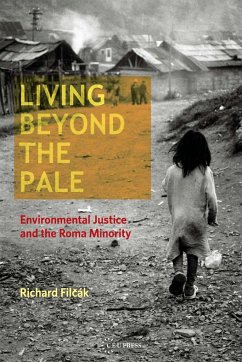We find Roma settlements on the outskirts of villages, separated from the majority population by roads, railways or other barriers, disconnected from water pipelines and sewage treatment. Why are some people (or groups) better off than others when it comes to the distribution of environmental benefits? In order to understand the present situation and identify ways to address the impacts of these inequalities we must understand the past and mechanisms related to the differentiated treatment. The situation and discrimination of the Roma ethnic minority in Slovakia is examined from the perspective of environmental conditions and injustice. There is no simple answer as to why there is environmental injustice. Environmental conditions in Roma settlements are just one of the indicators of failures of policies addressing the problem of poverty and social exclusion in marginalized groups, structural discrimination, and internal Roma problems. Environmental injustice is not an outcome of the "historical determination" of the Roma population to live in environmentally problematic places.
Hinweis: Dieser Artikel kann nur an eine deutsche Lieferadresse ausgeliefert werden.
Hinweis: Dieser Artikel kann nur an eine deutsche Lieferadresse ausgeliefert werden.








